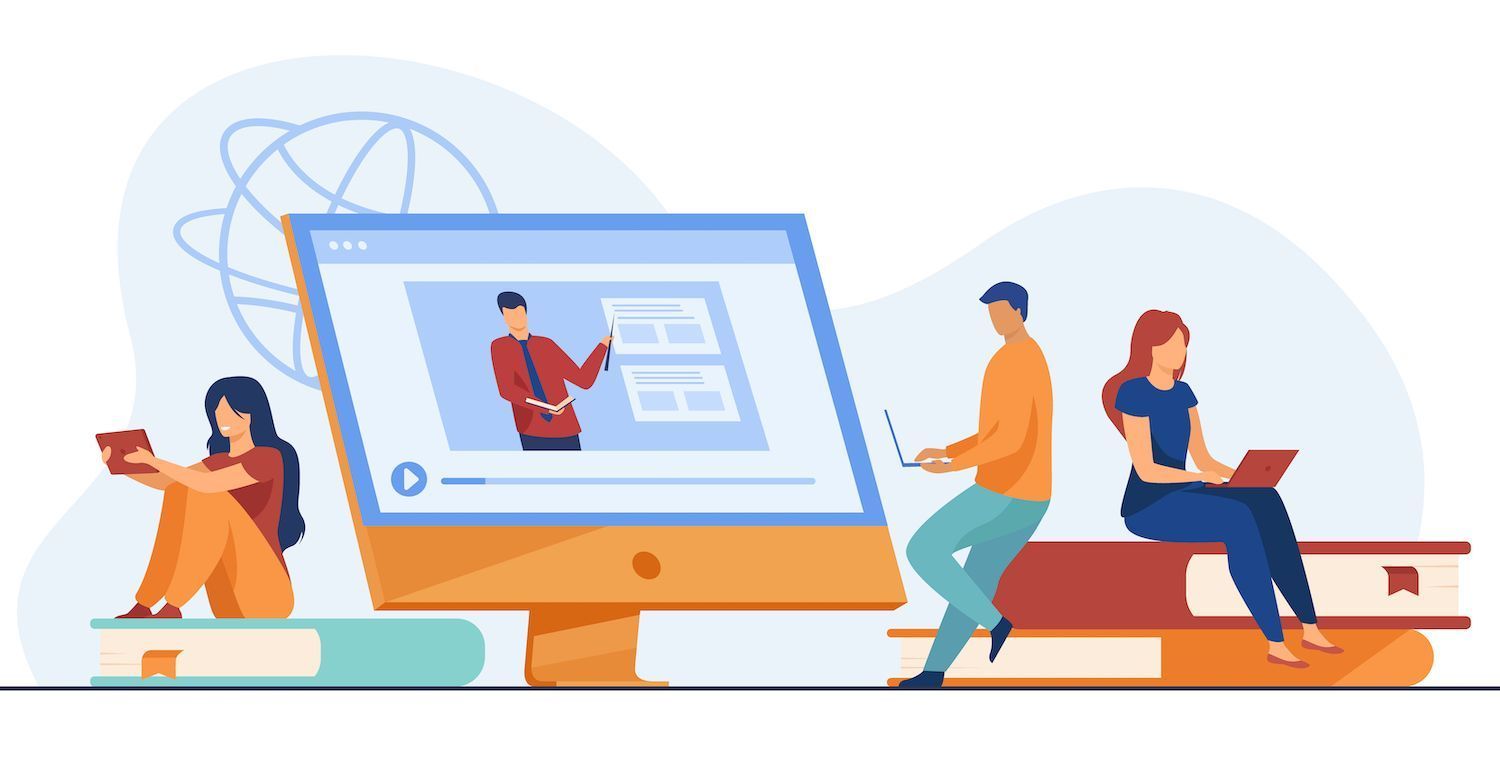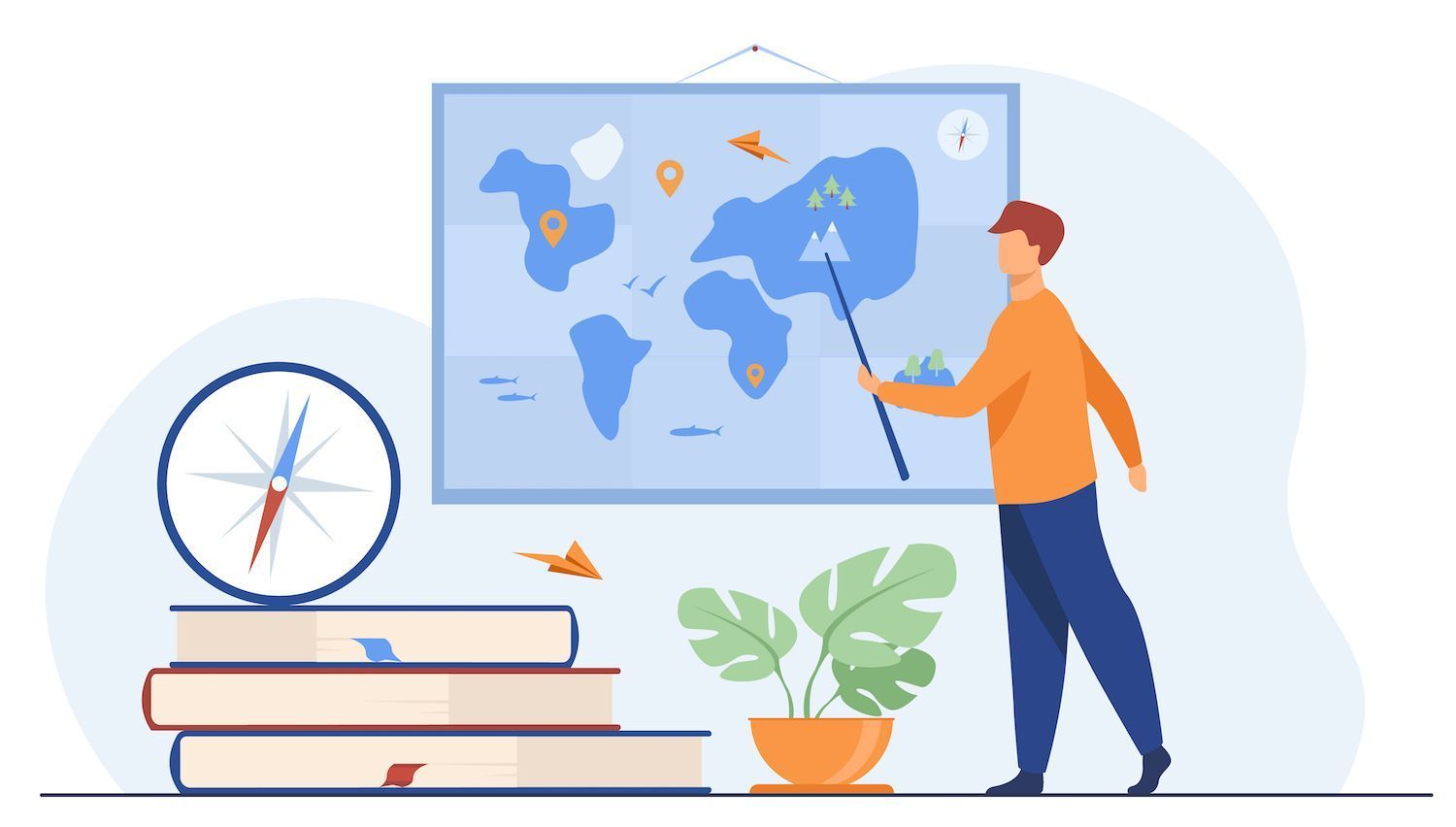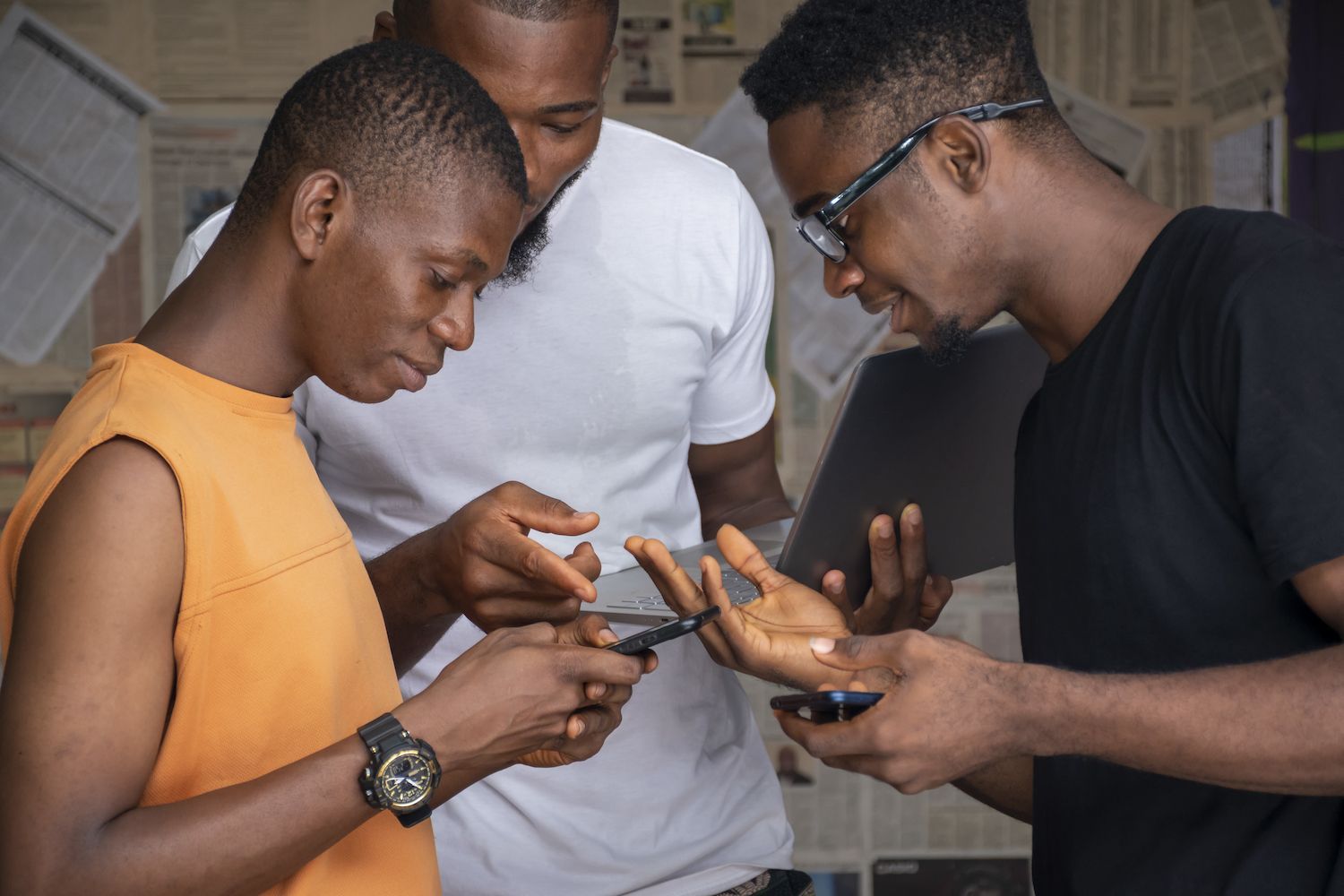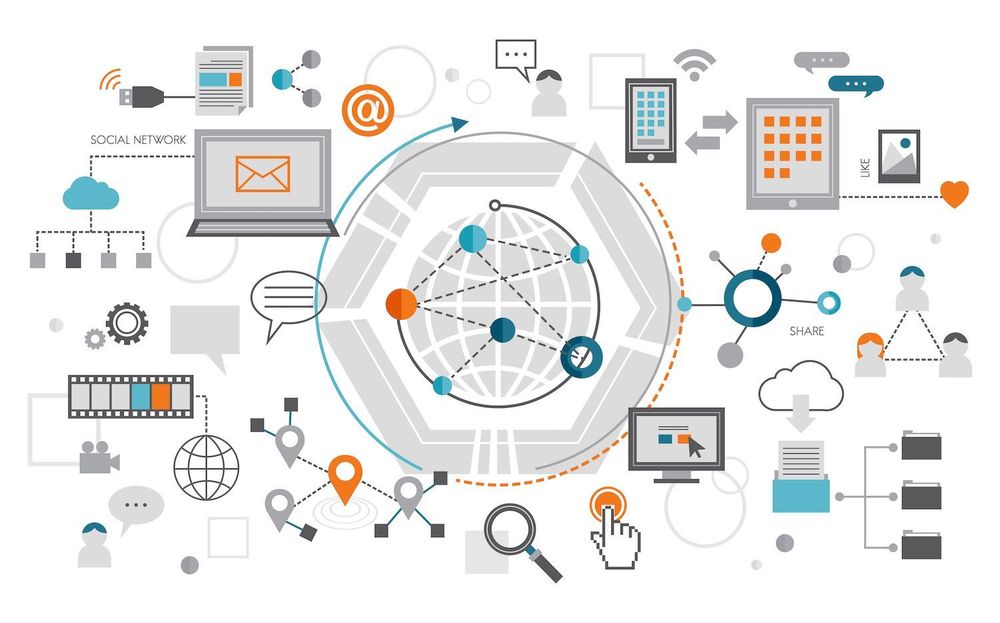What exactly is what exactly is a Community of Practice? (Definition + CoP Framework) |
A practice community is an efficient in organizing your organization's communities within the field. Effective practice communities offer their members the ability to feel insecure and seek help, as well as to improve and learn within the same field.
This article will discuss what is a practice community? What are the benefits of having a practice community?
Community of practice examples
The Community of Practice Framework. Community of Practice Framework
((toc))
What are the communities with use?
The Community of Practice (CoP) can be described as a community of practice which has common objectives, requirements, interests or a professional area which members discuss their experiences, record notes, and share information. Communities of practice can be made to help share information about top practices, expertise and concepts, assisting people to become experts on a particular topic.
Communities of practice work since their theory of learning demonstrates that it's more than just the learning process. It's about interacting with others. Therefore, joining a community of learners-even in adulthood-is the best way to progress in something which is important for you. Therefore, belonging to the CoP will enhance the value of your studies and aid you develop an aura of belonging to the community.
The term "group of practice" is usually used to describe a group of practice that has three parts:
- Domain: The common passion of interest, fields, such. which brings people close.
- Community: A group of people that gather to exchange ideas and experiences.
- Training is the actions taken by the members of the team (e.g. discussions, conferences, Q&As, etc. )

What is a community of practice?
- can help: A CoP offers help and guidance that guarantees that you don't have to struggle to earn the degree you want.
- Promoting shared experiences: Group members share their experiences with others and also help them benefit from their experience.
- Gives you new perspectives: Hearing of how others have tackled the issues you face can help members with fresh ideas.
- Take lessons from others errors. Making mistakes and learning from them is an extremely effective technique. If you learn mistake based on mistakes of others or mistakes made by others, you're less likely to make the same mistakes. There is a lower chance that you'll duplicate those mistakes.
- gives you the feeling of belonging The CoP gives you an opportunity to establish and maintain identity. This in turn allows people to feel part of a larger community.
- Development of fields: New innovations, novel techniques and synergies of co-operation CoP could move fields to the right way.
Theorie of learning situated in communities of practice
The concept of a community of practice first came from the writings by Jean Lave and Etienne Wenger in their 1991 book about learning in a context. This concept was based on theory of practice and recognized the importance of learning within the daily context. This is due to interaction that is based on the power dynamic along with the complicated human interactions.
It is crucial to understand the importance of "peripheral participation"--when people become accustomed to an unfamiliar setting is a crucial aspect of the process of learning. This is why the CoP not only beneficial for participants in the core, but it's equally beneficial to peripheral participants too.
"Learners remain part of a the community of learners, and learning to develop the abilities and abilities of newcomers demands them to move toward complete participation in the actions of their communities." Situated Learning is described by Jean Lave & Etienne Wenger

A case study of a community of Practice
- the eXd community Provides educators with the instruments to create an inclusive and transformational educational institution as well as schools.
- Nurses Support Nurses Provides nurses with the opportunity to meet in a secure area, share stories and also to gain knowledge from one others.
- The New Legal System: Learns people working in different positions in the legal field about the ways in which technology and racism can alter the rules of law for better.
- Indie Birth Association: The association includes doulas, midwives, and pregnant women or preparing for birth, by providing support and resources for an autonomous birth.
- Tuft the World An online community online that is entirely free to any rug tufter, whether either new or seasoned and people who are interested in fibers and would like to connect with other members around the world.
- PLANTSTRONG Community An online community offering classes and other resources that are paid to assist those who want to take charge of their health. Consume more veggies and follow in a way that is plant-based.
- Academy for Innovating HR: Gives HR professionals ways to enhance their skills and further improve their career prospects.
- Octo Member gives professionals from the UK finance sector the tools to grow in their professional and personal life.
Common domains are utilized to organize procedures
- Healthcare
- Education
- Technologies for information (IT)
- HR (Human resource) (HR)
- Management of projects
- Marketing and communication
- Banking and finance
- Legal experts
- Experts on sustainability
- DEI & Inclusion experts
- Social work
- Urban planning
- Non-profits
- Entrepreneurship

Collaboration in learning
A lot of communities operate as groups of practice but with no knowledge of its members. Most traditional classrooms function as a groups of practice. It is also possible to find nonprofit groups. It's likely that you've participated in a group of practitioners without even realizing that you had been a part of it.
They could, for instance, be considered practices?
- Groups of parents play which keeps the children engaged, and parents talk about their emotions and feelings and the things they're learning (hopefully it's the best method for your child to sleep through the night! )
- Services for religious purposes: participating in religious ceremonies could involve sharing the knowledge and experiences.
- Sport teams: participating as a member of a team is a form of participation in the being part of a community. Meet up, discuss strategies and engage in.
Each one of these cases has elements that belong to the practice community in your local area. Every one of them has a domain, group, and practices with which they are actually associated. This means that many of the communities we are a part to may be regarded as a group of practice. We aren't aware of it.
The way we think about communities of practice as being an organized group and kept in place with the intention of serving. It's fine.

Online Communities of Practice
Communities of practice exist in offline and online environments, but let's take some time to think about the practice-based online communities. The way we teach has changed completely via online learning platforms. blended learning and asynchronous instruction and communities have been transformed by the internet too.
Communities that practice are also in the mix. The process is becoming simpler than ever before to find sites for online community and also to develop digital content. This is why it's not a surprising that communities developed via social media are thriving on both the social media side and in dedicated software that caters to the needs of communities.
There are many advantages of establishing an online practice network:
- Join practitioners from all over the world The most exclusive community of practice can collaborate with fellow professionals from all over the world. International perspectives are intriguing too.
- Use asynchronous communications groups that are for practitioners. Though groups of practice might be able of meeting in person and incorporate things like forums online and discussion groups, it is a great chance for those working all day to connect with no requirement of gathering in real-time.
- Sharing information in real-time: There is no needing to wait until the next scheduled meeting of a practice group. Participation online can happen whenever when the urge strikes.
- Real and engaged Engaged and real greater engagement as a result of their structure and accessibility (e.g. through a community app) lets people participate.
- Accessibility & Inclusion Communities of Practice on the internet are more friendly and easy to access. Are there any difficulties with getting there? What is the price for you when the event costs an enormous amount? Do meeting rooms have access? How do parents be responsible for childcare? There's an array of issues with accessibility and inclusion, which can be solved through online meetings.
- The user-friendlyness: And even when there's no accessibility issue, sometimes an online practice community might prove to be more effective.
- The advantages of having several groups of practice located within your local region are fantastic. However, there is also advantages to having multiple online CoPs and hearing different views from around the world, or perspectives of various countries.

Community of Practice Framework
While there's no method to establish an organisation of practice, the framework of the community of practice will help to begin the process of creating a new CoP or reviving the one you have already.
1. Learn more about the mission and goals
Each practice group has an annual rallying cry that is a particular reason for the event. This is the only event that the members are enthusiastic and insistent on.
If you're trying to put the foundation for a group of top methods that work the Large Objective Large Obligation is the best place to start.
Choose a goal which goes beyond the format of your meeting. "We have meetings on Tuesdays to talk about the counseling process" will not cut it.
You can use the three components of a community practice below to help break it down
- Domains: What are the areas of expertise fields does this particular community be covering?
- Community: Who's part of the community? Which kind of person is required to be part of the community?
- Training: What types of community-based activities are they able to do?
If something seems to be simple, it's because it's. The goal of forming a motive doesn't have to be difficult. The less complicated it is, the better.

2. Pick the right member
Each community has Ideal members. The ideal person is someone who is required to be part of the community and who has the greatest effectiveness at creating a positive impact on.
Create your own community of practice by selecting a member who is perfect for you. It's an excellent idea to hold interviews with prospective members. Discover their challenges. Learn what they'd want to know. Discover what subjects they'd like to discuss at a conference in order to share their expertise.
A couple of brief discussions could be a great assistance to create an efficient CoP.
Sometimes, it's mandatory. Communities of practice often develop organically from established communities, conferences live events, and so on. If you're a part of an Ideal Participant community that have developed organically it could be the right spot.
3. Leadership
Create your structure for leadership as an organization of practice when suitable. If you've got large CoPs it could be an executive board or executive group. For smaller towns this could be as simple as selecting an elected chairperson.
If you're CoP guidelines are governed by an organization, you can hold regular meetings for members of the group to establish objectives.
But, it is important to be thinking about how to make your leadership fluid and flexible. Communities of practice are invaluable, even without extensive strategies for leading. The energy of leadership is most effective when it is focused in the CoP as a whole, rather than management responsibilities.
4. Establish a platform
Your CoP must be able to meet somewhere and in some way.
If the gathering is in person, the meeting participant could arrange the venue and timing of the event. This could comprise:
- A normal celebration (or gathering) (e.g. an industry meeting)
- Somewhere that fits the CoPs agenda (e.g. An office CoP could meet during the lunch break)
If you're preparing to host a meeting via the web It is crucial to determine how you will organize and organize Asynchronous or Synchronous meeting, along with the discussions.
As an example, you could consider:
- An approach to creating the newsletter
- A social media network online
- hosting an event via the internet
What is the most suitable choice for your family and your neighborhood? It depends. Once you've gone through the process of finding your perfect partner You'll get a good concept of their preferences along with their most preferred options when it comes to a relationship. Choose a match that is.
5. Create a Framework and Guidelines
Numerous communities have benefited from having guidelines for community members to establish the fundamental policies and guidelines. Although it's tempting to view the process of setting rules as an obligation it's actually a great way to aid in creating a community, which allows people to feel secure and participate--IF they're properly communicated and adhered to. If your organization is connected to the internet, it's crucial to add moderation in addition.
People feel secure and protected from harassment, bullying or mocked, they're more likely to be. They're much more likely to contribute to the community positively.
Another possibility to consider is a group structure. Every community of practice is unique and is unique in its design, but here are a few examples of the elements you can think about setting up for:
- Regular set meetings
- Special guest speakers every month
- Workshops and training sessions
- Working groups and task forces
- Open discussion forums
- Community "listening"
- Buddy programs or mentorship
- Sessions for feedback
- Themes that are suitable for quarterly or monthly themes
- Workshops for learning and developing skills
- Social and networking occasions

6. Promotion and Launch
When everything is set and you are ready to establish the community around your practice. Consider an online or live launch to bring the whole community together, and sparks excitement. This could involve the presence of speakers, or a space for socializing. It must be able to bring the benefits that make this event successful however, it will also provide the foundation for subsequent actions.
The way you intend to promote the practices of your community is contingent on the goals you've established. If you're looking to grow there are a few ways to promote your location of practices:
- Contact people directly (especially the ones who seem to be Ideal individuals you've spoken to).
- Webcasts can be created for a nominal fee or an event.
- Request an industry expert to deliver a lecture.
- Email existing lists or subscriber lists.
- Place ads in trade publications or on the relevant websites.
- Set up a booth at a relevant conference.
7. Create a database of knowledge
Certain groups of practice choose to establish a knowledge database, a way of collecting and distributing the information. This can be done through the sharing of documents, course notes, content or even an instructional guide which is shared.
A group of practitioners is a great source of new ideas in addition to concepts for a new approach to problems The knowledge database could be utilized to:
- The process involves establishing an "institutional memory"
- The new members are reminded of past discussion
- using previous sessions and work to resolve issues that arise

8. Get feedback
If you're hosting a group of practice, it is essential to gather the views of participants regarding how things are going in addition to what's not working. One method to gather feedback is by an anonymous method, specifically in the case of a large CoP.
You can:
- Use an online survey service like SurveyMonkey for anonymous feedback.
- Make use of the tools available on platforms (e.g. polls and questionnaires) for gathering feedback.
- Participate in member interviews and the feedback sessions which are informal.
- Live sessions provide feedback.
9. Celebration and recognition
A few communities of practice decide to acknowledge the very best within their field by awarding them or other awards. This could consist to honor individuals in the group to acknowledge their hard work. It could also involve recognizing an organization or company from the local community who have accomplished outstanding work and then recognizing the person.
The concept is that, as you become proficient and achieve excellence in your chosen field, recognizing that the excellence inside your own organization and out in the world provides a wonderful occasion to honor people and groups who work to the max in their field.

10. Grow and develop
Any community that has been successful is one that has growth and development. Goals change. The members evolve and develop. The club welcomes new members with fresh visions.
A practice community can change and evolve along with your practice, constantly changing to meet the needs of your members. it.
Are you ready to begin?
If you're in the market to build an online community that you can use for training purposes consider giving Mighty an opportunity! Mighty is a community-based platform that includes discussion forums, virtual events integrated members' profiles, training courses, as well as a management tools. Additionally, Mighty comes with Co-Host(tm) which is an AI community-driven cohost which puts your progress on autopilot aiding in increasing the human capacity for creativity without sacrificing it.
Try it for free for 14 days with no credit card is required.
Article was posted on here
This post was posted on here
